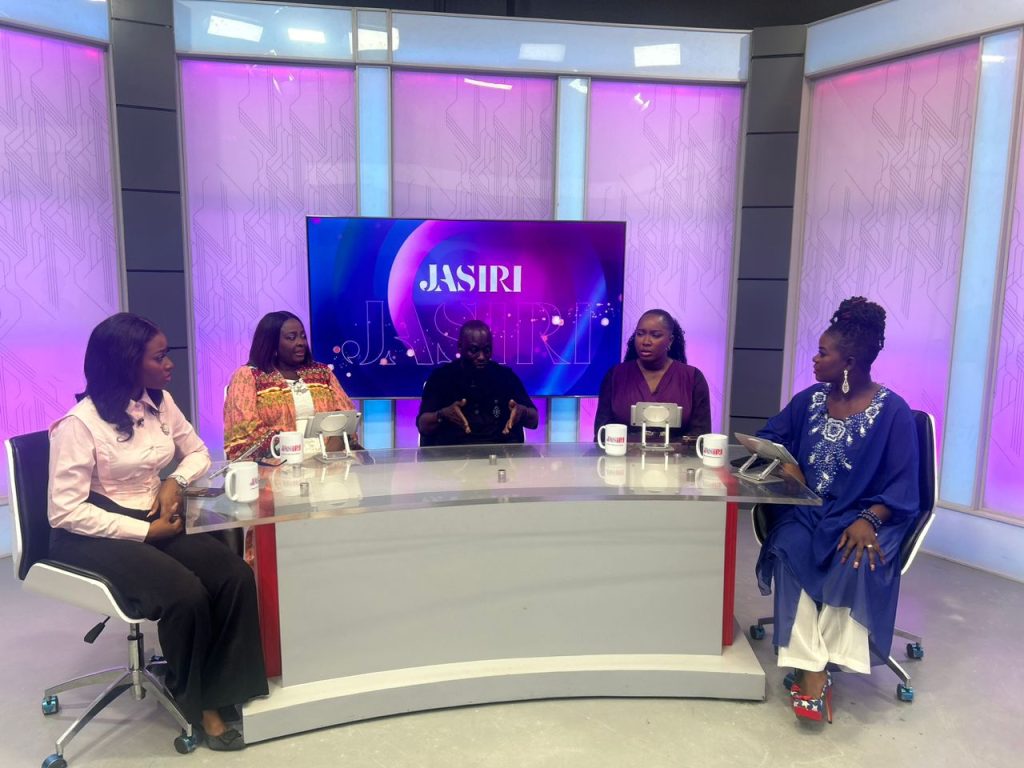Mojeed Alabi, Chairman of the Education Writers’ Association of Nigeria and Head of Development Desk at Premium Times, believes that the increasing number of private universities in Nigeria is a deliberate attempt to weaken public tertiary institutions.
During an interview on News Central’s Jasiri on Thursday, Alabi pointed out that even though there are currently 1,100 accredited tertiary institutions in the country, Nigeria’s educational needs are still not being met because many of these institutions do not meet quality standards.
In response to a question about why there are so many tertiary institutions being established, Alabi explained that these new institutions are often created for personal gain, rather than to benefit the nation.
He explained, “Some of these institutions were originally established to address the country’s need for skills and manpower, and the government invested significantly in them. In the past, it was competitive because regional governments were also striving for excellence.”
When asked if the increase in private institutions has hurt public universities, Alabi confirmed this, saying that politically influential individuals, who own private universities, do not prioritise public institutions, which has led to a decline in their growth.
“The political elite have set up private universities to harm public institutions in Nigeria. It’s unfortunate that a former president and a former vice-president even allocated university licenses to themselves. Who would establish a private university and still want to support public ones? They wouldn’t,” he stated.
“Universities aren’t something you just decide to create overnight. But in Nigeria, licenses can be awarded just like that. On campuses, the unions call it a “constituency project” because they are often established for political reasons. Ethnic and religious divisions, along with the desire for balance, have resulted in the creation of substandard universities,” he added.
Alabi also noted that many of these new institutions are not set up to strengthen the education system. Instead, they are often created for political rewards or personal gain. As a result, the impact on the country’s education system is minimal.
“This is why, despite the establishment of private universities, student enrollment in them remains below 10 to 15 per cent. Most of these institutions enroll only about 1,000 or 2,000 students, which doesn’t contribute significantly to national development. Many of them don’t even have adequate facilities.
“There are around 22 private universities waiting for licenses from the National Universities Commission (NUC), but many of them have not met the necessary requirements,” he said.
When asked how to ensure that new institutions meet the needs of the country rather than becoming financial ventures for individuals, Alabi pointed to corruption as a key issue that must be addressed.
“If the Minister of Education listens to us, his legacy shouldn’t just be about announcing new private universities, but also regulating the regulators. The NUC itself is not properly regulated.
“The NUC has been without a governing board for over two years. It also lacks a permanent executive secretary. More than 13 units of the NUC are being run without permanent leadership, and only one director is in an acting capacity. It’s been five years now, and the acting director is still there. This has stalled many administrative processes.”
Alabi also criticised the Education Minister, Prof Tahir Mamman, for ignoring the deep-rooted political interference within the education sector, where many are exploiting the system for personal gain.
“I’ve never seen a situation where the executive secretary of an organisation is also in charge of accreditation and resource verification. How can you lead an inspection and then review your own report?” he asked.

